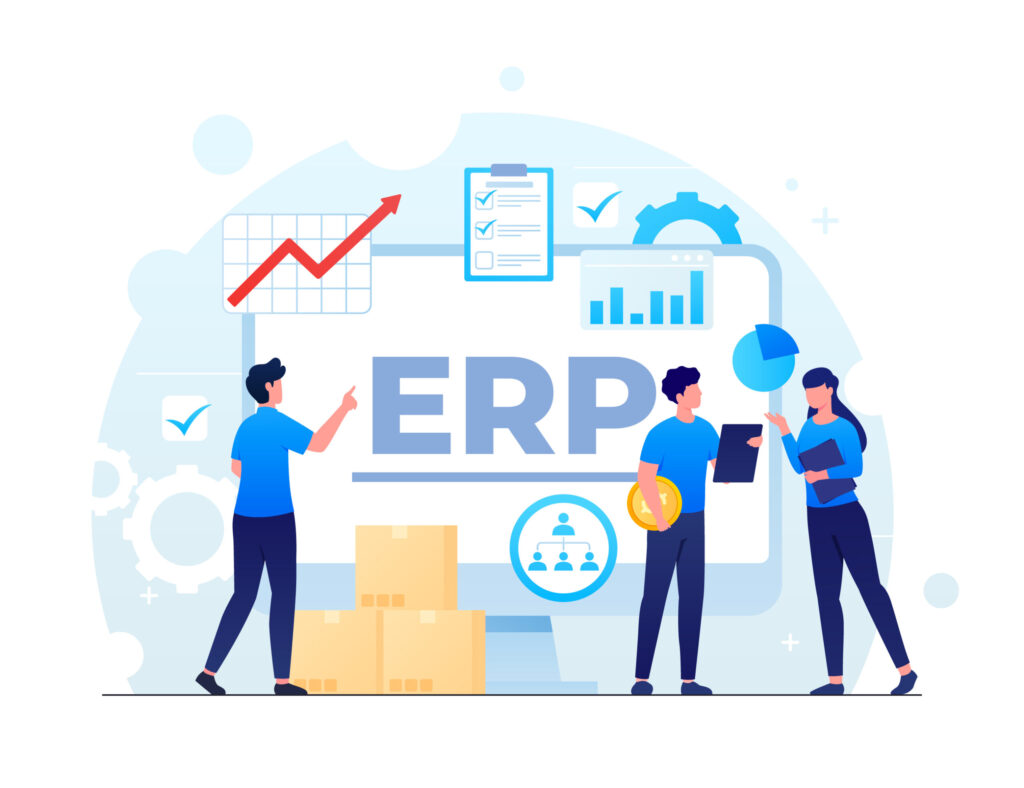One ERP. Every Industry. Global Presence. Powered by Azaalea AI

One ERP. Every Industry. Global Presence. Powered by

Search
Category
- AI Powered ERP (15)
- Automotive ERP (10)
- Chemical ERP (3)
- Construction ERP (68)
- Cosmetics ERP (0)
- CRM (8)
- Electronics ERP (0)
- Energy ERP Software (0)
- EPC ERP (0)
- ERP (51)
- ERP Cloud (21)
- ERP Fabrication (1)
- ERP for Printing Industry (0)
- ERP for SME (0)
- ERP for Solar Industry (3)
- ERP HVAC (1)
- ERP Implementation (16)
- ERP in Nigeria (10)
- ERP Module (14)
- ERP Software (130)
- ERP Software in Canada (0)
- ERP Software in Ghana (0)
- ERP Software in UAE (0)
- ERP Solution (9)
- ERP System (29)
- ERP Training (2)
- Fleet Management (5)
- Food Processing ERP (6)
- HRMS (6)
- Logistics ERP (4)
- Low Code/No Code (0)
- Manufacturing ERP (90)
- MEP (4)
- Mobile ERP (2)
- MRP (0)
- Pharmaceuticals ERP (14)
- Plant Maintenance (1)
- Plastics Manufacturing ERP (2)
- Process Industry (7)
- Project Accounting Software (0)
- Rental ERP (0)
- SAAS ERP (1)
- SAAS Model (4)
- solar erp software (0)
- Steel Manufacturing ERP (0)
- Trading & Distribution ERP (1)
- trading erp (8)
- Transportation ERP (0)
- Uncategorized (14)
- Warehouse (1)
- Web-based ERP (7)

